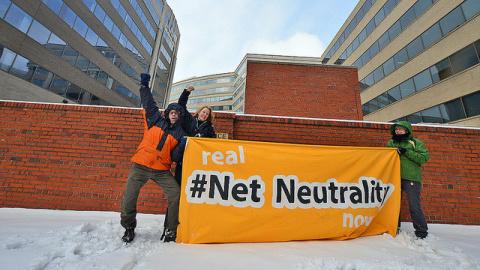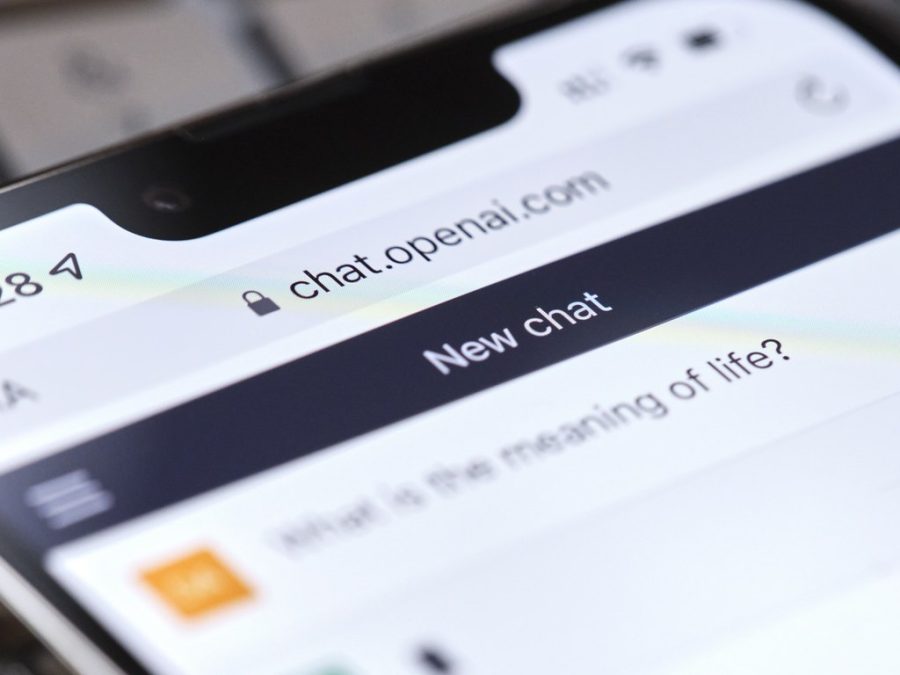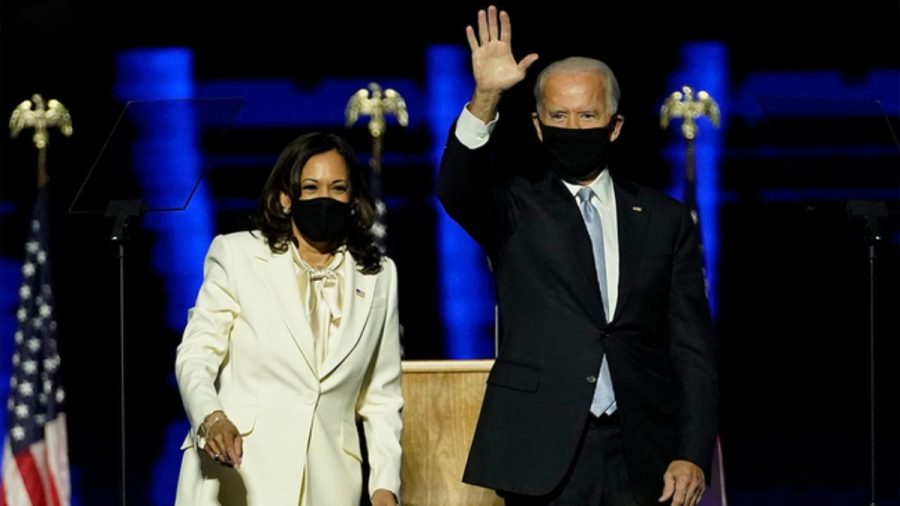By Taylor Gilmore
Imagine your life without Internet access.
It is a difficult thing to picture. We live in a world where technology gives us access to unlimited information and instant communication. But what if corporations started to monitor and restrict the information we could access, or charge us for it like cable television?
February 26, 2015 was a monumental day in the fight to protect free speech. The Federal Communication Commission (FCC) took a big step to protect the Internet as a telecommunications service rather than an information service. The commission helped put in place government regulations intended to keep broadband suppliers from abusing their power.
Network neutrality, or net neutrality, means that broadband suppliers should not have the ability to censor content shared on a network or charge to use a network. The Internet should be treated as a public utility, and should be free to everyone. Our nation has the capacity to have free, fast Internet for all, without passwords and restrictions, but monopolies continue to fight to control the Internet. As soon as corporations get rid of net neutrality, their profits will sky rocket because they can take advantage of their position.
The FCC voted, 3-2, in favor of net neutrality, but service providers like Comcast and Verizon were on the other side of the battle. These companies want to make a profit from the Internet. If it was priced the way cable television is, providers would be able to charge anyone who wants the service, but not at a flat rate.
Many of the largest companies in the U.S. economy are Internet monopolies, meaning they have more power than some of the biggest banks and have a huge influence in Washington. In 2000, however, the FCC granted these companies the ability to use their Internet wires exclusively, creating the noncompetitive market we have today. Basically, if you want a cell phone or Internet access, you work with these companies, or you go without. They set the rules, and we follow them, so we pay more for mediocre service.
Here’s a post the FCC wrote to Facebook on February 26, 2015:
“Today, the Commission—once and for all—enacts strong, sustainable rules, grounded in multiple sources of legal authority, to ensure that Americans reap the economic, social, and civic benefits of an Open Internet today and into the future. These new rules are guided by three principles: America’s broadband networks must be fast, fair and open—principles shared by the overwhelming majority of the nearly 4 million commenters who participated in the FCC’s Open Internet proceeding.”
If the FCC chooses not to protect net neutrality the Internet could load one word at a time, and there is nothing we could do about it. The open Internet needs to be protected, and our public policies should be in place to protect the public, not corporations.
The information in this article came from the lecture “Digital Disconnect” by Robert McChesney, founder of the group “Free Press,” which fights for the protection of net neutrality.
Taylor Gilmore can be reached at [email protected].












